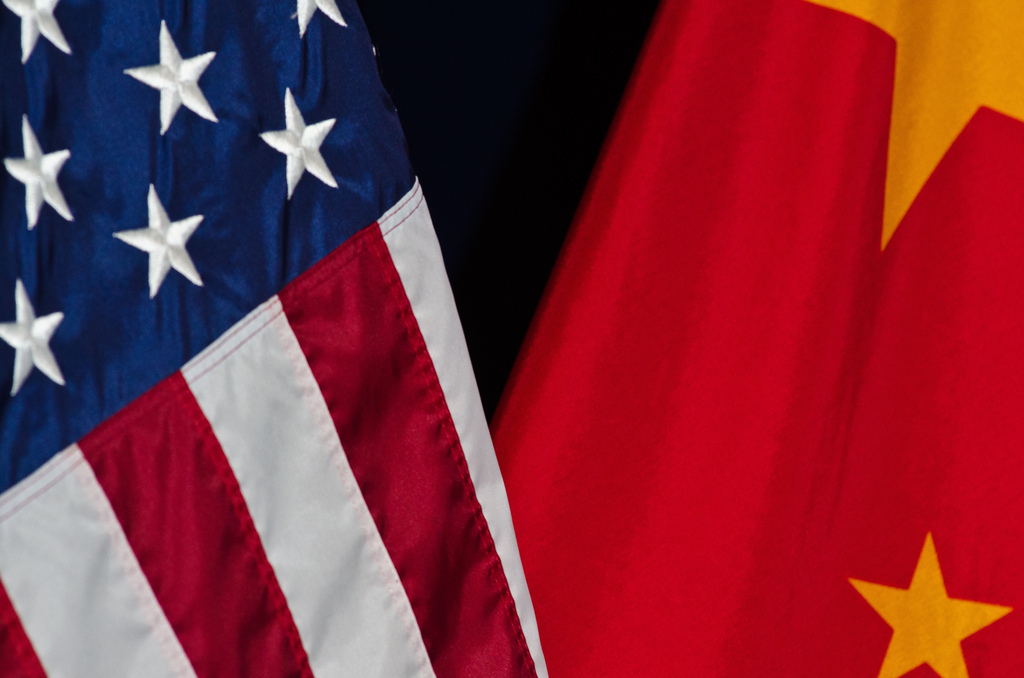The September survey of portfolio managers, conducted by Bank of America analysts (BofA) Merrill Lynch, demonstrated a decline in investors' confidence about the future of the world economy in the next year. According to the survey, the number of managers confident that economic growth will be inferior to the average in recent years is 24% higher than the number of those who believe in more high performance. This is the worst indicator since December 2011, when there were almost 70% more of pessimists. Two months ago, there were 19% of optimists more than pessimists.
Investors still see the main risks for the world economy in the growing trade confrontation between the US and China. According to the survey, 43% of managers called the trade war a key risk. On Monday, the administration of US President Donald Trump announced introduction of a 10-percent duty on Chinese goods worth $ 200 billion from September 24, while Washington warned that the rate will rise to 25% as early as January 1, 2019, unless Beijing makes concessions.
The concern of managers and the relatively quantitative tightening of monetary policy by leading central banks is growing. Since the beginning of the year, the Fed has twice raised its key rate and raised it to 1.75-2% per annum. The next meeting of the regulator will be held on September 25-26. Most analysts forecast an increase in the rate at the upcoming meeting to 2-2.25%, another increase in market participants are waiting in December. In August, the Bank of England raised its rate from 0.25% to 0.5%.
Anxiety about the future forces investors to reduce the share of risky assets in their portfolios. In September, the number of managers, in whose portfolios the weight of shares exceeds the indicative level, was only 22% higher than the number of those with lower shares. This is the minimum value for the last 18 months. And least of all investors want to see shares of companies of developing countries in their portfolios - in September the number of global investors with underweight in the shares of the region exceeded by 10% the number of those who had a preponderance. At the same time, the share of cash in portfolios rose from 5% to 5.1%, the 1.5-year high.
American companies are still the most popular. In September the number of managers who increased the weight of such shares in their portfolios was 22% more than the number of those who reduced investments, this is the highest since January 2015. According to Emerging Portfolio Fund Research for the past four weeks, US funds raised $ 6.5 billion.
Investors still see the main risks for the world economy in the growing trade confrontation between the US and China. According to the survey, 43% of managers called the trade war a key risk. On Monday, the administration of US President Donald Trump announced introduction of a 10-percent duty on Chinese goods worth $ 200 billion from September 24, while Washington warned that the rate will rise to 25% as early as January 1, 2019, unless Beijing makes concessions.
The concern of managers and the relatively quantitative tightening of monetary policy by leading central banks is growing. Since the beginning of the year, the Fed has twice raised its key rate and raised it to 1.75-2% per annum. The next meeting of the regulator will be held on September 25-26. Most analysts forecast an increase in the rate at the upcoming meeting to 2-2.25%, another increase in market participants are waiting in December. In August, the Bank of England raised its rate from 0.25% to 0.5%.
Anxiety about the future forces investors to reduce the share of risky assets in their portfolios. In September, the number of managers, in whose portfolios the weight of shares exceeds the indicative level, was only 22% higher than the number of those with lower shares. This is the minimum value for the last 18 months. And least of all investors want to see shares of companies of developing countries in their portfolios - in September the number of global investors with underweight in the shares of the region exceeded by 10% the number of those who had a preponderance. At the same time, the share of cash in portfolios rose from 5% to 5.1%, the 1.5-year high.
American companies are still the most popular. In September the number of managers who increased the weight of such shares in their portfolios was 22% more than the number of those who reduced investments, this is the highest since January 2015. According to Emerging Portfolio Fund Research for the past four weeks, US funds raised $ 6.5 billion.





